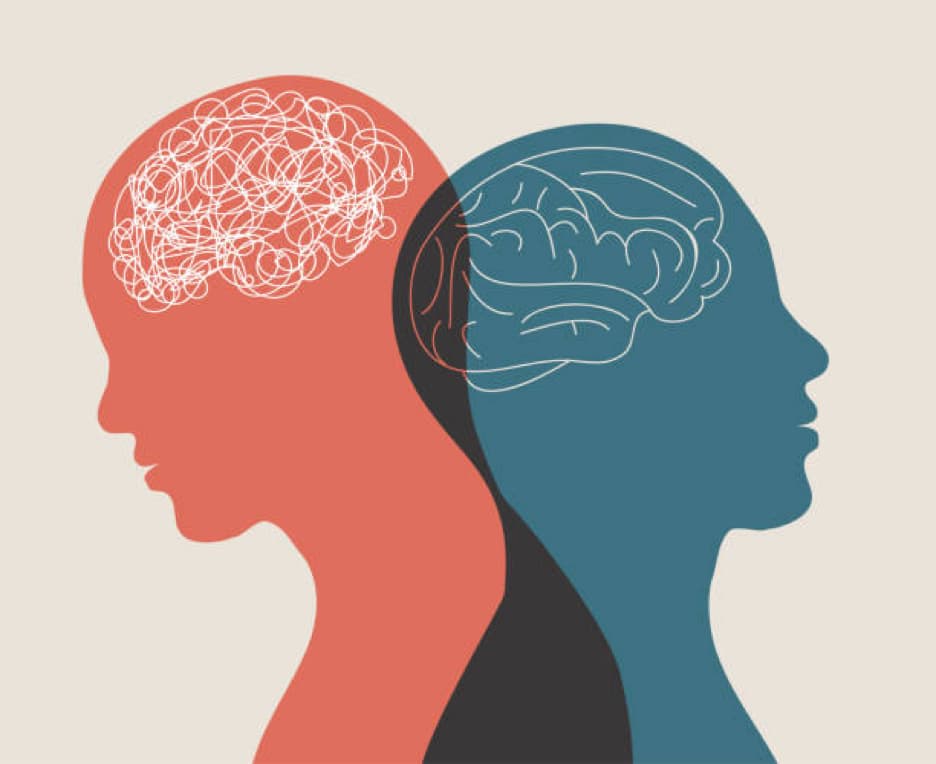Mental health awareness has come a long way in recent years, but stigma and misunderstanding still linger. This is often due to persistent misconceptions about what mental health diagnoses mean. These myths can lead to judgment, self-stigma, and even discourage people from seeking the help they need. Here are some common misconceptions on mental health diagnoses.
Depression Is Just Sadness
Perhaps the most common misconception is that depression is simply “feeling sad.” While sadness is one symptom, clinical depression is a complex mental health condition that affects the brain, body, and behavior. People with depression may experience fatigue, irritability, loss of interest in things they once enjoyed, changes in appetite or sleep, and feelings of worthlessness or hopelessness.
Anxiety Is Just Worrying Too Much
Everyone experiences anxiety from time to time, but anxiety disorders go far beyond occasional worry. These disorders, such as generalized anxiety disorder (GAD), panic disorder, and social anxiety, are chronic and can be debilitating. They may cause physical symptoms like rapid heartbeat, dizziness, and shortness of breath, and often interfere with daily life.
ADHD Only Affects Children, and Only Boys
Attention-Deficit/Hyperactivity Disorder (ADHD) is often misunderstood as a childhood condition that only affects hyperactive boys. In reality, ADHD affects people of all ages and can look different depending on gender. Many girls and adults go undiagnosed because their symptoms are less outwardly disruptive. For instance, they may struggle with inattention, disorganization, or internal restlessness rather than hyperactivity.
Bipolar Disorder Is Just Mood Swings
Bipolar disorder is frequently misrepresented as simply having “mood swings.” But it involves distinct episodes of mania (or hypomania) and depression. Manic episodes can involve elevated mood, racing thoughts, decreased need for sleep, impulsive behavior, or even delusions. The shifts are far more extreme than typical ups and downs, and they significantly impact daily functioning.
People with Schizophrenia Have Multiple Personalities
This is one of the most damaging and incorrect myths. Schizophrenia is not the same as dissociative identity disorder (formerly known as multiple personality disorder). Schizophrenia involves symptoms such as hallucinations, delusions, disorganized thinking, and difficulty distinguishing between reality and imagination. Confusing the two conditions contributes to stigma and misunderstanding.
Eating Disorders Are a Lifestyle Choice
Eating disorders like anorexia, bulimia, and binge eating disorder are often brushed off as vanity or dieting gone too far. In truth, they are serious mental health conditions with complex causes, including genetic, psychological, and social factors. They are not choices, and recovery often requires professional support and treatment.
The Importance of Education and Empathy
Misconceptions about mental health diagnoses not only hurt those who are struggling but also hinder societal progress in addressing mental health with the compassion and seriousness it deserves. By challenging stereotypes, sharing accurate information, and speaking openly, we can foster a more understanding and inclusive world—one where mental health is treated with the same respect as physical health.
By Kaitlynn Russell, Clinic Assistant at ICC







